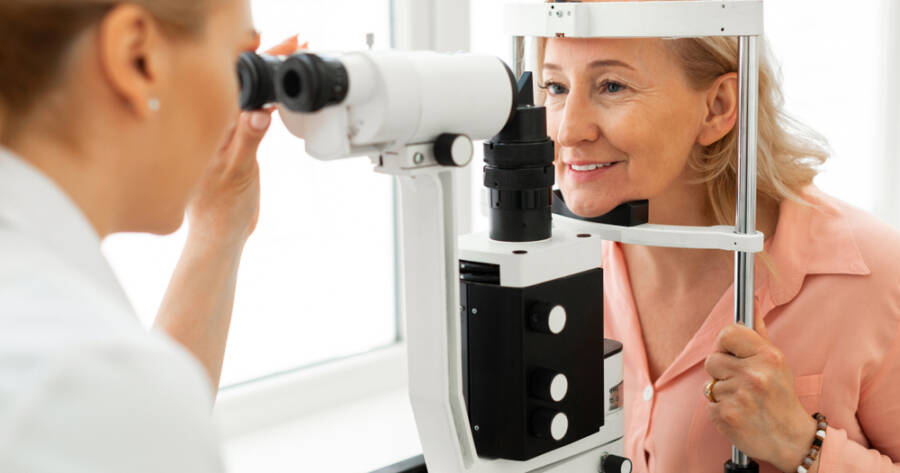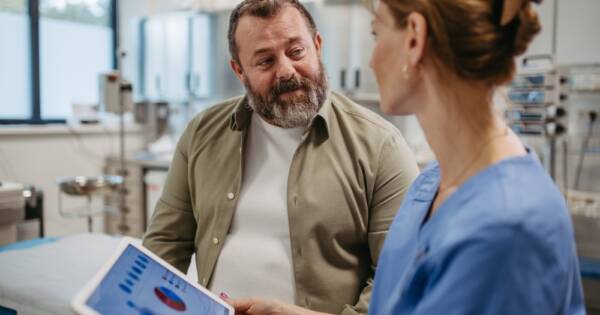Curious about laser eye surgery but unsure if it’s the right fit for you? Many people are drawn to the idea of clear vision without glasses or contacts, but deciding if you’re the ideal candidate requires careful consideration of various factors.
Are Your Eyes Healthy Enough for Laser Eye Surgery?
Before considering laser eye surgery, it’s important to ensure that your eyes are in good health. People with conditions like keratoconus, severe dry eyes, or glaucoma may face complications if they undergo the procedure. The health of your cornea, retina, and overall eye structure plays a crucial role in determining if you’re a good candidate.1 Certain eye diseases or infections, like keratitis or uveitis, can increase the risks of surgery, potentially leading to poor outcomes.
Additionally, if you have large pupils, especially in dim light, you may experience issues like glare or halos after surgery. If you’re dealing with cataracts or a high degree of nearsightedness, you should also consult your eye specialist carefully. Ensuring that your eyes are free from active infections or diseases is key to minimizing risks and maximizing the benefits of laser eye surgery.
Are You in Good General Health?
Laser eye surgery isn’t just about your eyes—it’s also about your overall health. Certain medical conditions, such as autoimmune diseases like lupus, rheumatoid arthritis, or uncontrolled diabetes, can interfere with healing after surgery or increase the risk of complications. If you are on immunosuppressive medications, your immune system’s ability to heal may be compromised, making recovery slower and less predictable.
Pregnancy and breastfeeding can also affect your vision temporarily, so it’s advised to wait until after these stages of life before considering surgery. Consult with your doctor about your general health and any medical conditions that might affect your candidacy for laser eye surgery to ensure the best possible outcome.
Is Your Vision Stable?
Stable vision is another key requirement for laser eye surgery. Those with fluctuating vision prescriptions, particularly in the case of nearsightedness (myopia), may not be ideal candidates. It’s important that your vision has remained consistent for at least one year before undergoing surgery.
Hormonal changes from pregnancy or medications like steroids can also temporarily affect vision, so it’s best to postpone surgery until your vision stabilizes. This ensures that the results of the surgery are long-lasting and you won’t need additional corrections soon after. Age can also play a factor—most eye surgeons recommend being over the age of 18 and waiting until your eyes have fully matured to guarantee stable results.
The Benefits of Laser Eye Surgery
Laser eye surgery offers a range of benefits that can significantly improve your quality of life.2 For many, the most appealing benefit is the freedom from glasses or contact lenses, allowing for clear vision without the hassle of eyewear.
The procedure is quick, often taking less than 30 minutes, and the recovery time is relatively short. Most patients see improvements in their vision within a day or two.
Beyond convenience, laser eye surgery can provide a long-term solution to vision correction, saving you money over time on glasses, contacts, and eye exams. While not everyone is a candidate, those who are eligible often find that the benefits, from improved vision to greater lifestyle flexibility, make the procedure worth considering.
Learn More About Laser Eye Surgery
Laser eye surgery has transformed the way people manage their vision, offering a lasting solution for those eligible. While the procedure offers many benefits, such as freedom from glasses and improved vision, it’s important to ensure you’re a suitable candidate by assessing your eye health, general health, and vision stability.
Consulting with a trusted eye specialist is essential in determining whether laser eye surgery is right for you. As technology advances, the procedure continues to provide a safe, effective option for many individuals seeking better vision and an enhanced quality of life.




